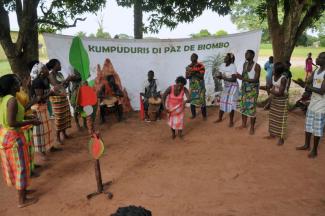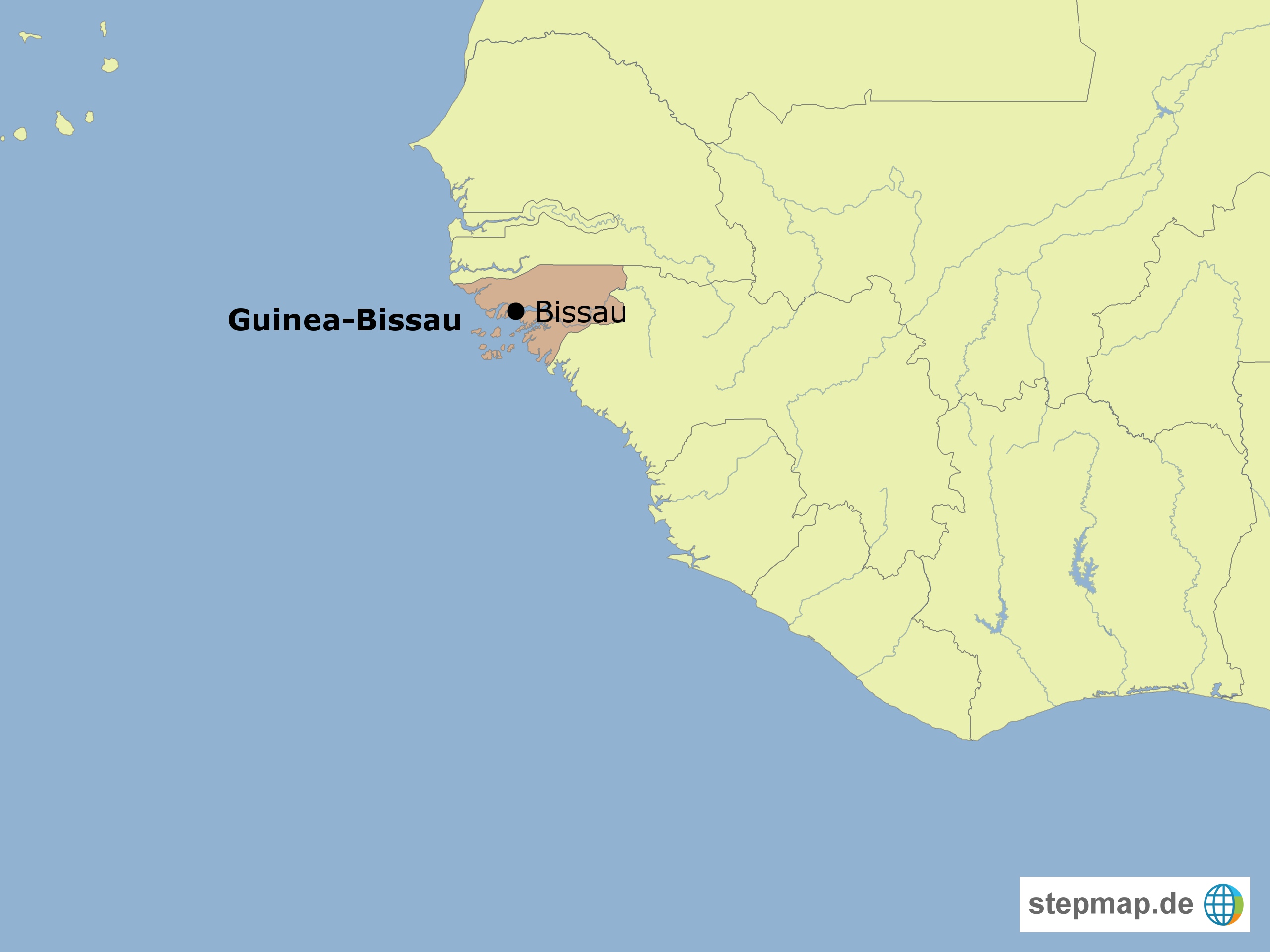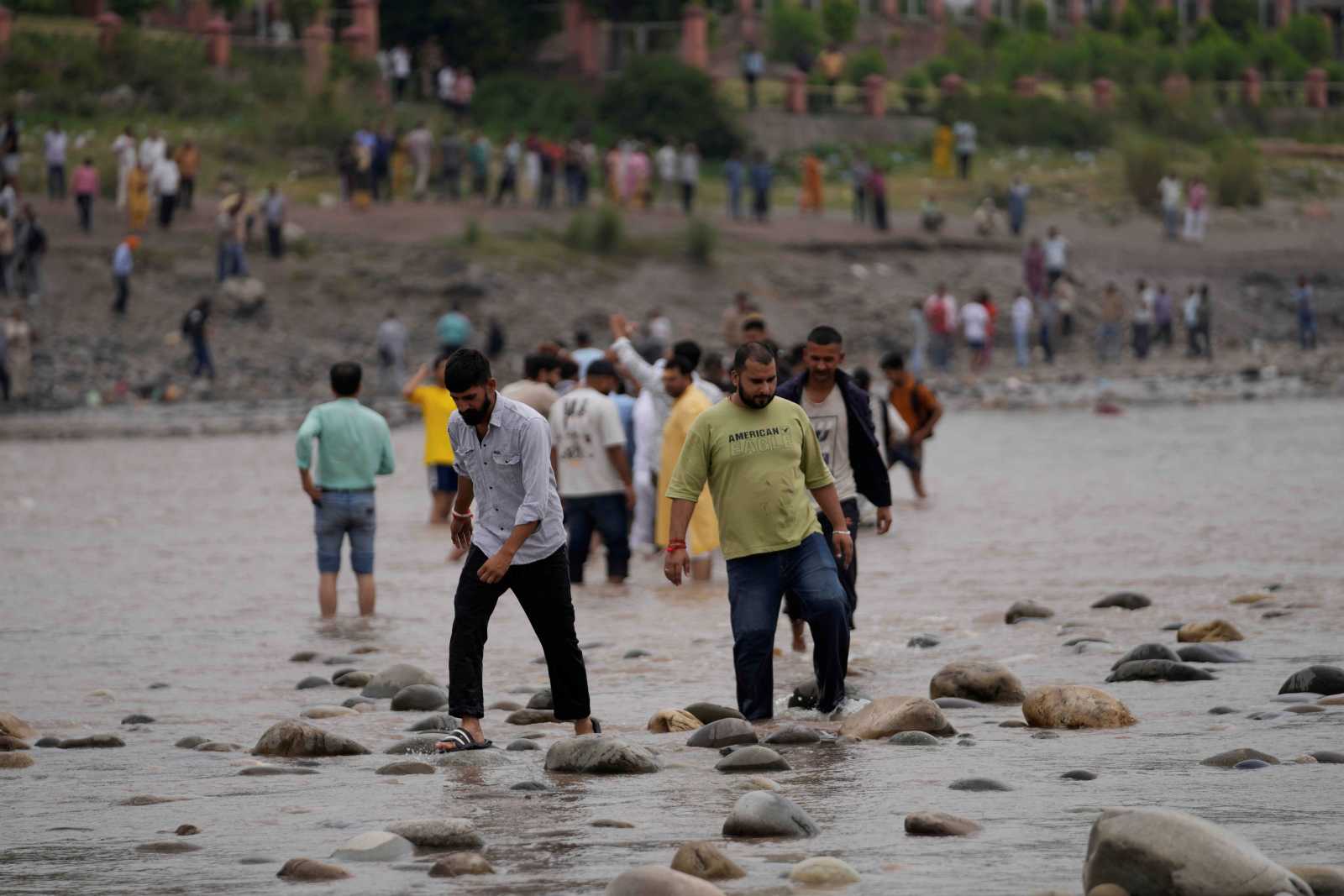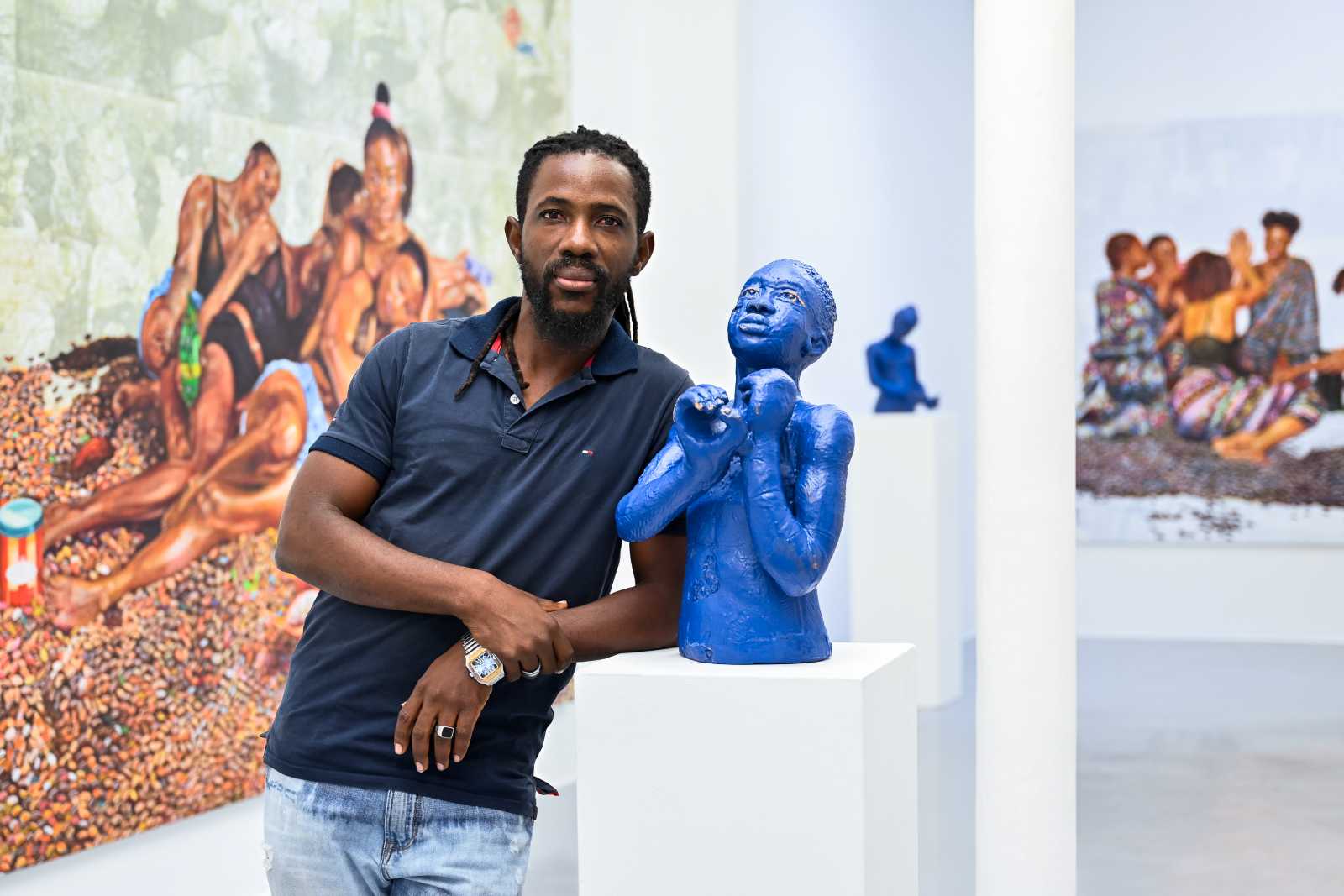Non-violent action
Their grandparents’ legacy

Portugal’s colonial administration founded the villages of Sintchã and Uok along the road leading west from the capital, Bissau, to the region of Biombo. Families from a variety of ethnicities were settled in Sintchã, while Uok is home only to Balanta. Although the new settlements offered only little space, life was peaceful.
After independence, however, the village community of Uok wanted to return to their former territories. As the commercial value of cashew nuts rose, younger generations from Uok recalled that some plantations had once belonged to their grandparents and insisted on their inheritance. However, the population of Sintchã had grown and taken over the land in question. A violent conflict arose.
In the course of being trained as mediators (see main article), peace activists from Biombo chose this dispute for practical-efforts part and organised hearings with opinion leaders from both villages. They earned the trust of one person from Uok, who now appeals to the group for help whenever the situation threatens to escalate. So far, two attacks on Sintchã have been averted this way.
The residents of Uok do not believe that the state government is neutral because the head of administration belongs to the region’s largest ethnic group, the Pepel. He is well aware of this challenge, so he asked for peace group assistance in the ongoing mediation process too. A friendly football match took place between the two villages on a neutral playing field without it leading to riots. The peace activists are making incremental progress towards the goal of the disputed terrain being amicably shared.
Farmers versus herders
In the southern region of Tómbali, a conflict revolved around cattle repeatedly destroying rice fields. The cattle belonged to Balanta, who had only arrived in the region later than the previously established Nalu, who owned the fields. The hostilities got worse every year. Violent clashes were particularly common at the start of the rainy season. Finally the peace group from Tómbali took up the issue.
The group conducted multiple separate meetings with farmers, herders and traditional authorities. In the end, the parties signed an agreement that required the herders to take precautionary measures. Everyone cooperated on protecting field boundaries and building enclosures. Harmony was restored to the villages. The residents continue to engage in open dialogue with the support of the peace group.
Dispute over a rice field
In Quínara, a region in Guinea-Bissau’s little developed south, the two villages of Aidará, home to long-established Beafadas, and Mui, home to later arrived Balanta, were locked in a bitter dispute over a rice field for years. Hate and mistrust spread. Ethnic alliances threatened to draw surrounding villages into the conflict. The local member of parliament tried to exploit the tensions for party-political gains instead of finding a solution.
The peace group from the region of Quínara began conducting hearings together with traditional and state authorities from the sector. The breakthrough came thanks to a forum theatre performance. It was rehearsed during the training, and it dealt with the conflict at hand. Seeing their own problems acted out onstage unleashed powerful emotions in the audience, affecting both parties to the conflict. After people had dried their tears, serious dialogue began. People were eager to find a solution.
The results have been impressive. A protocol now regulates field usage rights, and both village communities respect it. The agreement also spells out who is responsible for ensuring the rules are followed. The relationship between the neighbours has significantly improved. Children from Mui now go to school in Aidará, and women from Aidará sell fish and soap in Mui.








